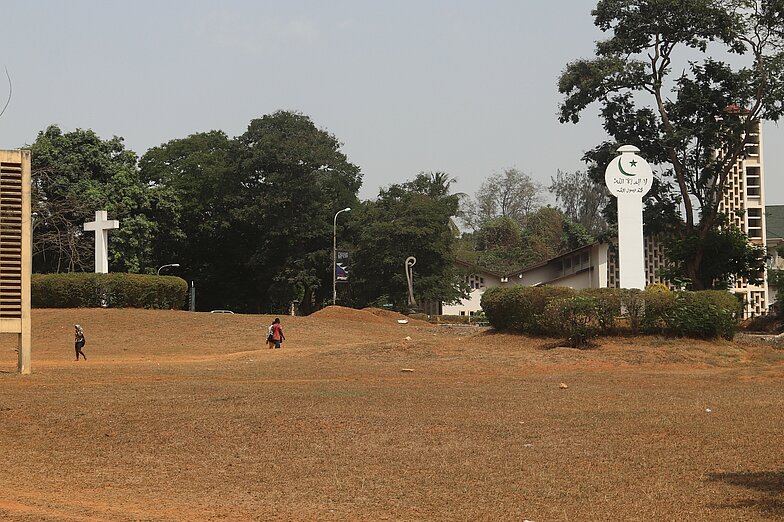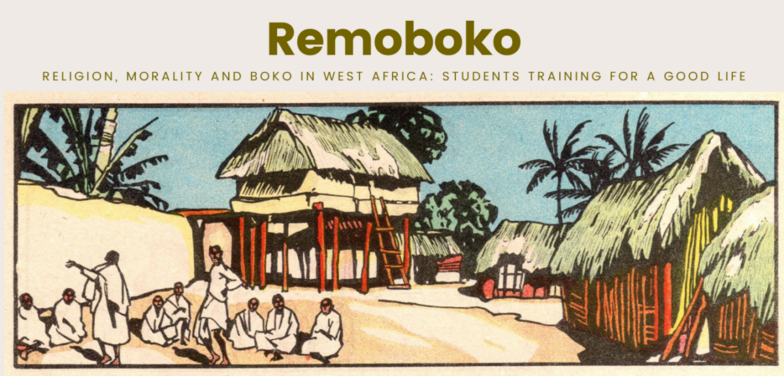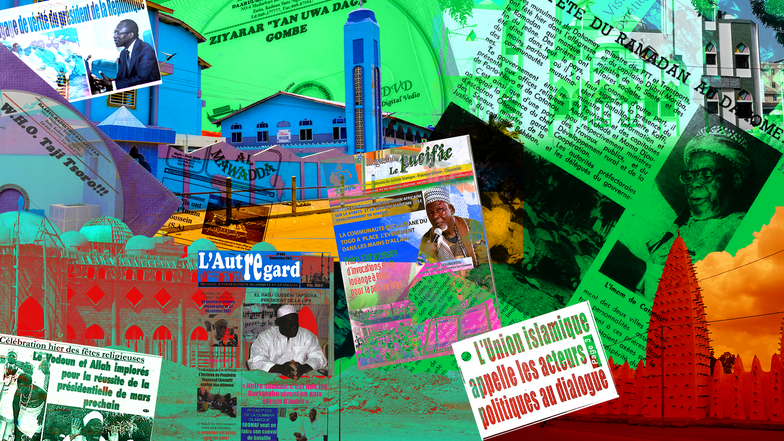
How does religiosity interrelate with morality and intellectual culture? The research unit Contested Religion takes this basic question that is at the heart of social life across the global south. Focusing on both contemporary and historical cases, the unit engages the ways in which religiosity is mobilized and invested in individual and collective life projects. How do both religiosity and knowledge inform and at the same time challenge political orders, eschatological aspirations, and moral norms? What forms, sites and agents of intellectual culture emerge within that context? Although engaging primarily Muslim contexts, the unit is particularly interested in the interactions between Muslim and their non-Muslim neighbors. Consequently, exclusionary politics, sectarianism, collaboration and strategic borrowing within and between groups and communities are important relational modalities, which the research unit analyses.

